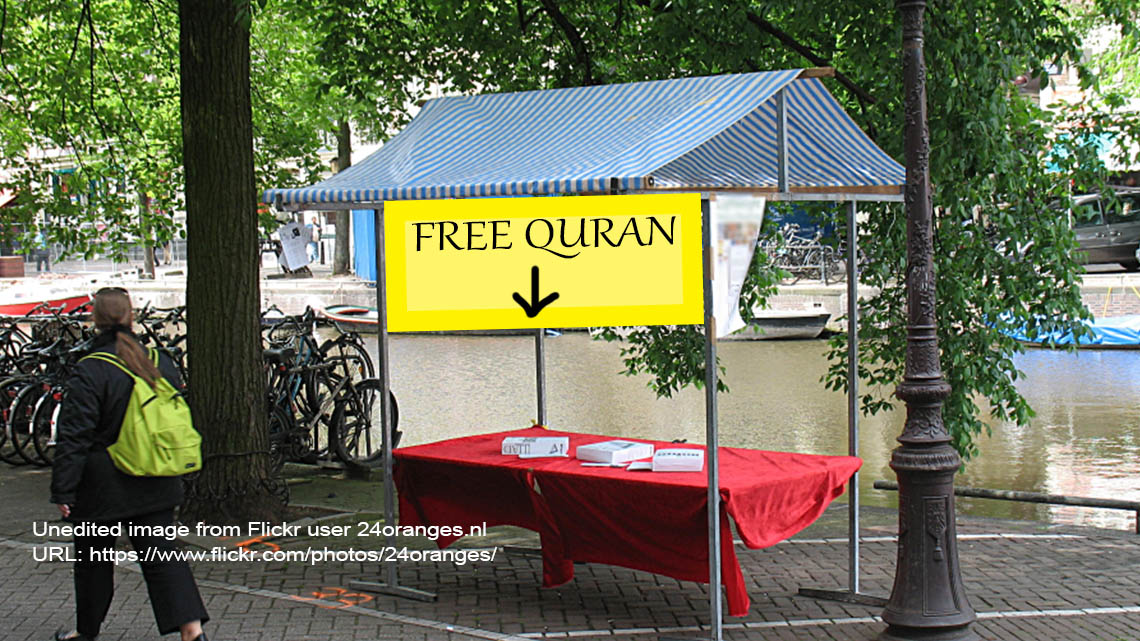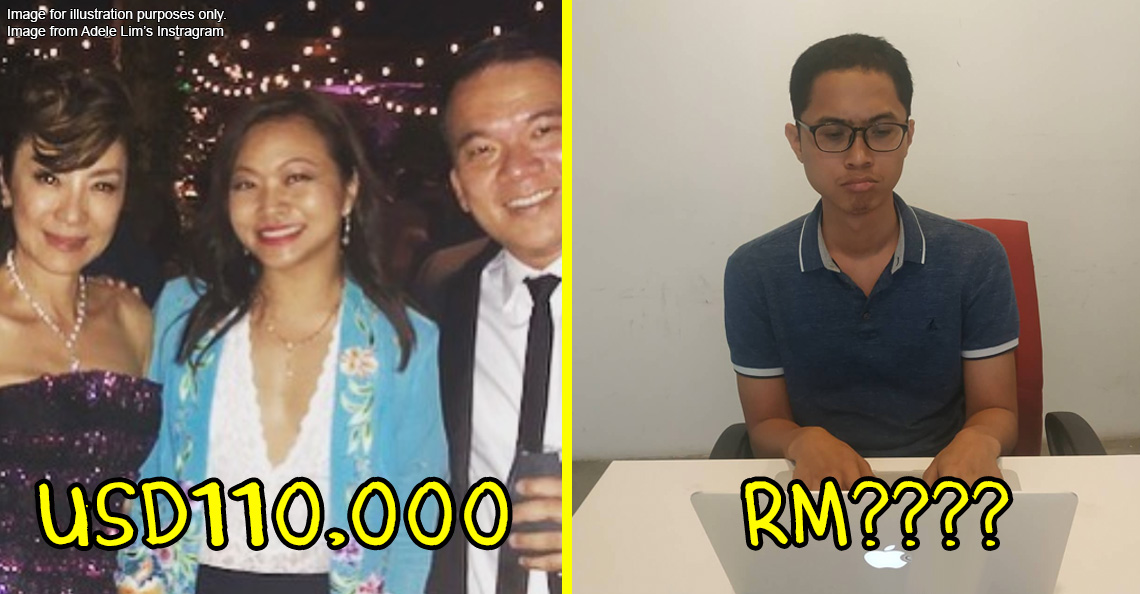M’sian artistes have not been paid royalties for 20 years. They are now owed RM30mil.
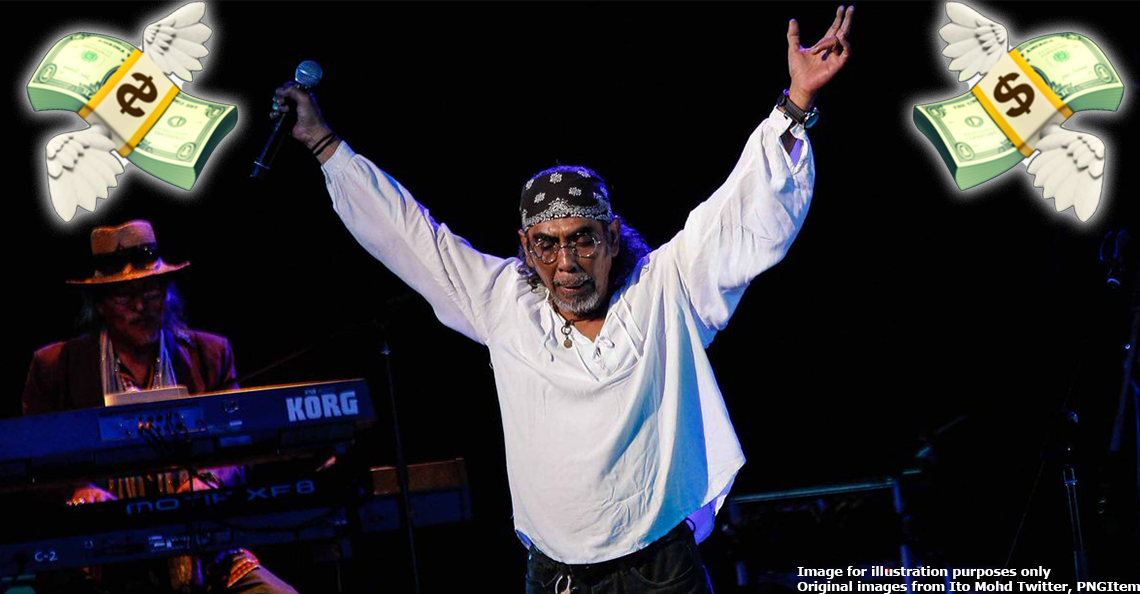
- 1.7KShares
- Facebook1.6K
- Twitter10
- LinkedIn11
- Email12
- WhatsApp24
[UPDATE 14/10/2020]: We’re updating this article to include PPM’s response to use. Updates can be found within this article in blue.
So you know how you’d walk into a Popular bookstore and they’ll be blaring out Top 40 hits? Or when you enter a cafe and you’ll just be hearing Siti Nurhaliza singing her heart out on the speakers? Well, believe it or not, these premises actually have to pay a fee to play the artistes’ music in public, according to the Copyright Act 1987.
And that basically what royalty means – it’s when you allow your music to be used by other parties in public for a certain fee. Anyone slightly familiar with the music scene would know that royalties play a pretty big part in the lives of artistes. We suppose it’s fair to say that royalties may easily be the bread and butter for artistes, and it’s no different for Malaysian artistes.
However, despite it being bread and butter, it seems some parties didn’t read the Copyright Act 1987 carefully, because it’s alleged that artistes haven’t been paid royalties for 20 years! Walao, why so teruk one? Well, to tell the complicated story, we have to go back to the complicated beginning, where…
It’s alleged that only record labels and composers got paid
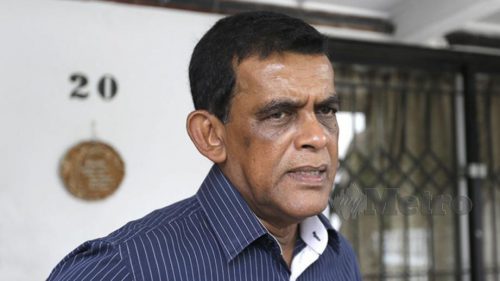
To get a little bit more understanding to the story, we contacted Karyawan president, Freddie Fernandez. FYI, Karyawan‘s essentially an NGO that upholds the rights of Malaysian artistes, and they’re currently demanding for the artistes to be paid their dues. We also contacted two intellectual property (IP) lawyers Lim Zhi Jian and Bryan Boo just to wade us through the legal terms.
And Freddie basically told us that despite it having been made a legal requirement, artistes are still suffering from unpaid royalties, specifically public performances – either performed by themselves or someone else.
“The issue of public performance royalties has been a thorn in the side of Malaysian artistes, namely singers and musicians in the recording industry.” – Freddie, in an interview with Cilisos
One of the main reasons behind this is because there were no one to help artistes collect royalties. See, when it comes to royalty collection, most Malaysian artistes will generally sign themselves up to a collective management organization (CMO).
“When you sign up with a CMO, you’re allowing it to monitor and collect royalties on your behalf. For a fee, of course.” – Boo, in an interview with Cilisos
But back in 2000, Freddie told us there were only two such CMOs, which are:
- Music Authors Copyright Protection (MACP)
- Public Performance Malaysia (PPM)
However, despite having two CMOs, neither of them actually collect royalties on behalf of artistes. Instead, MACP only represents composer and PPM represents record labels and publishers.

It was only 2001 when Karyawan came into the picture, proposing to the Ministry of Domestic Trade and Consumer Affairs that PPM split the royalties to be shared between recording companies and the artistes.
“Ultimately, it was the artistes’ performances from which PPM collected royalties, so they should get paid too.” – Freddie
However, the proposal apparently didn’t sit well with PPM, because it then proceeded to set up a separate organization called PRISM Sdn Bhd in 2001 to oversee the distribution of royalties for artists. So artistes began signing up with PRISM Sdn Bhd, expecting that they’ll finally get paid what they deserved. Back then, it seemed that things were finally looking up, and yet…
The artistes were apparently still not getting paid their full royalties

To be fair, artistes were getting paid, but not the full amount. See, most of us would think PRISM Sdn Bhd would be the one collecting and distributing royalties to artistes, like PPM did with record labels and MACP with composers, but that’s Freddie told us that this was how it actually worked:
- PPM would still be the sole collection agency
- PPM would share the collected royalties with PRISM Sdn Bhd
- PRISM Sdn Bhd will, in turn, distributed the royalties given by PPM to the artistes
And at the end of the day, Freddie said that the artistes were still getting the short end of the stick. Ito Mohd, vocalist of a Malaysian band Blues Gang, and Aznan Alias, a prominent musician in Malaysia are two of the victims. They’re both represented by Karyawan.
“The company profited from my songs. Can you imagine five of us in the band sharing 5 per cent of royalty money? That’s 1 per cent for each member.” – Ito, as quoted from AsiaOne

And apparently, the artistes and Karyawan launched so many complaints that PPM decided to shut down PRISM Sdn Bhd once and for all in 2011. But who’s gonna represent the artistes now then? Well, the following, another CMO for artistes was set up, and it’s called the Recording Performers Malaysia (RPM). The thing is, though, PRISM Sdn Bhd’s unpaid royalties for public performances still weren’t paid out, and RPM didn’t seem like it planned on taking over.
[UPDATE] As it turns out, PPM did not exactly shut down PRISM Sdn Bhd per se. The agreement between the two CMOs expired and they chose to not prolong it. PRISM Sdn Bhd subsequent shut down due to lack of funds.
This time around, RPM was chaired by Malaysian singer Sheila Majid, who would be doing things her own way rather than follow PRISM Sdn Bhd’s footsteps.
According to a statement that PPM emailed us, its role was only to issue licenses and collect royalties on behalf of PRISM Bhd and RPM. They had no say on how much or when to pay the artists under the purview of PRISM Bhd and RPM.
“[The] agreement did not grant PPM any rights whatsoever to be involved in the management and operations of (which includes distribution policies, processes and payment) of the performer licensing bodies.” – PPM

Alright, fine, so there’s still a CMO that’ll represent artistes, which should be sufficient. But then, out of the darkness and into the light, the former members of PRISM Sdn Bhd came back and formed their very own CMO representing artistes as well, and it’s called…………PRISM Bhd independently. #wowza #muchcreativity
“So then, we had four CMOs – two for artistes, one for composers, and one for recording labels.” – Freddie
Walao, why so many agencies one? Look, man, we told you it’s complicated. But before these CMOs could smoothly lay out the process of royalty collection and distribution, something else came knocking on the door.
The M’sian govt added one more CMO to the horde in 2016
…and it’s called Music Rights Malaysia (MRM).

At the time, there was apparently a lot of people who were complaining that they had to pay too many CMOs to use one song. So remember when we mentioned that public premises like a bookstore or even a cafe has to pay a fee to use artistes’ songs in public, be it through the speakers or for public performances?
Well, these fees are actually paid to the CMOs, who will then convert them into royalties to be paid back to the artistes. For example, a hotel wants to play one song, but the composer’s represented by MACP, the record label’s represented by PPM, and the artiste’s represented by RPM – and they all want their royalties – then the hotel will have no choice but to pay all three CMOs.
“Music users were up in arms about having to pay so many parties for the same music and complained to the government.” – Freddie
As a result, the govt decided to set up MRM in 2016 to resolve the too-many-CMOs issue, which is ironic, if you think about it. Lim told us that MRM took over responsibilities of licensing out the music and collecting royalties, while the other CMOs can sit back, relax, and distribute the royalties that the MRM had collected. So basically, everyone who wants to use the music of Malaysian musicians only has to pay MRM and they’re good to go.
“MRM was the sole collection agency, while the four licensing bodies focused on distributing the monies collected amongst their members.” – Lim, in an interview with Cilisos
But MRM didn’t last long. Freddie told us that PPM wasn’t happy with getting lesser than they’re used to at MRM. Plus, it seems that even when they tried to centralize things up, MRM itself didn’t know how to divide payments between RPM and PRISM Bhd, because they both represent artistes. And when PRISM Bhd was dissolved in 2019 for unknown reasons, it only served to stump MRM more.
“MRM couldn’t figure out how to solve the problem of dividing the money between RPM and PRISM Bhd’s artistes.” – Freddie
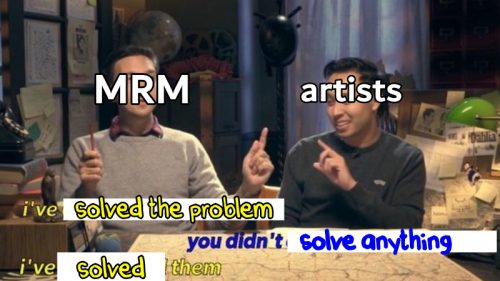
As a result, due to its purported mismanagement of royalties, MRM was dissolved earlier this year. So we’re back to the status quo, where there are three CMOs – because PRISM Bhd shut down – and you gotta pay all of them to use one song. And twenty years after the Malaysian government made it compulsory for artistes to be paid royalty, well, they’re still left hanging in the air as to where their money went.
However, PPM further clarified that much of the problem that MRM faced was due to the artistes’ inability to produce adequate documentation to allow for proper payment of royalties. Subsequently, it caused a certain confusion in distributing royalties between PRISM Bhd and RPM, which is why the money’s still stuck in MRM’s account.
After all the hang-ups with PRISM Sdn Bhd, PRISM Bhd, and MRM, which went on 20 years, there are currently around 2,800 artistes who signed on to RPM and PRISM Bhd that have yet to be paid – and the total amount owed is allegedly a whopping RM30mil! Wait, wait, so what does the law say actually?
Well, it’s actually compulsory for artistes to be paid royalties
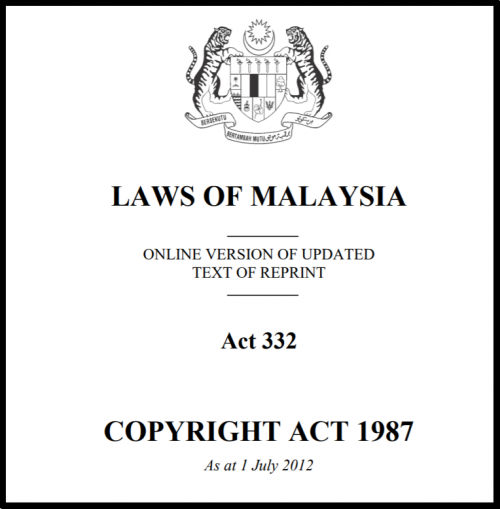
According to the Copyright Act 1987, it is agreed that artistes should be paid their royalties in full under Section 16(B), whenever their work is used for performances or played in public, like on the radio or even somewhere as simple as a hotel.
“As soon as you’ve licensed out your work, you are entitled to be paid certain fees whenever it’s used in public, regardless of whether it’s a song or even a tech product.” – Boo
So yes, regardless of whether there’s a middleman like a CMO or not, artistes have the right to claim royalties. However, while it does sound like the CMOs mentioned above are the bad guys of the whole thing, it’s also possible that they’re not entirely at fault here. According to Lim, the IP lawyer we consulted, when it comes to licensing out your work and collecting royalties, it all boils down to the contract you have with the CMO.
“It’s subject to internal agreements between the relevant parties, which can dictate how, when, or what an artiste should be paid.” – Lim

So basically, if everything Freddie told us was true, it’s possible that the CMOs are breaking the law when they don’t pay artistes their royalties. We’ve also tried to get in touch with the CMOs involved, but they have yet to respond to our inquiries at the time of writing. So really, it’s hard to tell whether it’s an issue of the artistes’ contracts or something else.
In the meantime, while it was recently reported that the government had taken over and would be paying the outstanding the royalties to the artists by December, Freddie’s currently still suspecting corruption, where there are supposedly ‘hidden hands’ manipulating the royalties to maximize their own profits between the CMOs.
“When you’re dealing with hundreds of millions of ringgit as we are here, there are bound to be parties that try to make a quick buck.” – Freddie
As such, Karyawan is urging the Malaysian Anti-Corruption Commission (MACC) to investigate the matter and find out whether there really has been corruption for 20 years that might have taken advantage of artistes in Malaysia.
“The fact that they’re asking MACC implies that there’s corruption involved. But there’s also a high possibility that their contracts with the CMOs are unclear on how, when, or what to pay.” – Boo
According to PPM, there’s no need to call for an investigation from MACC. However, if the investigation does happen, PPM welcomes it.
“Our doors and our books are open to the Malaysian Anti-Corruption Commission (MACC), should they wish to pay us a visit.” – PPM
As of now, there’s still no telling whether the alleged RM30million worth of royalties will be paid in full to the artists – we’ll only get to know in December. At the end of the day, these artists have put in grit and determination to build themselves up as artistes. Regardless of what’s going on behind the scenes, they deserve to get paid for their efforts, just like we all get paid for doing our jobs.
- 1.7KShares
- Facebook1.6K
- Twitter10
- LinkedIn11
- Email12
- WhatsApp24

